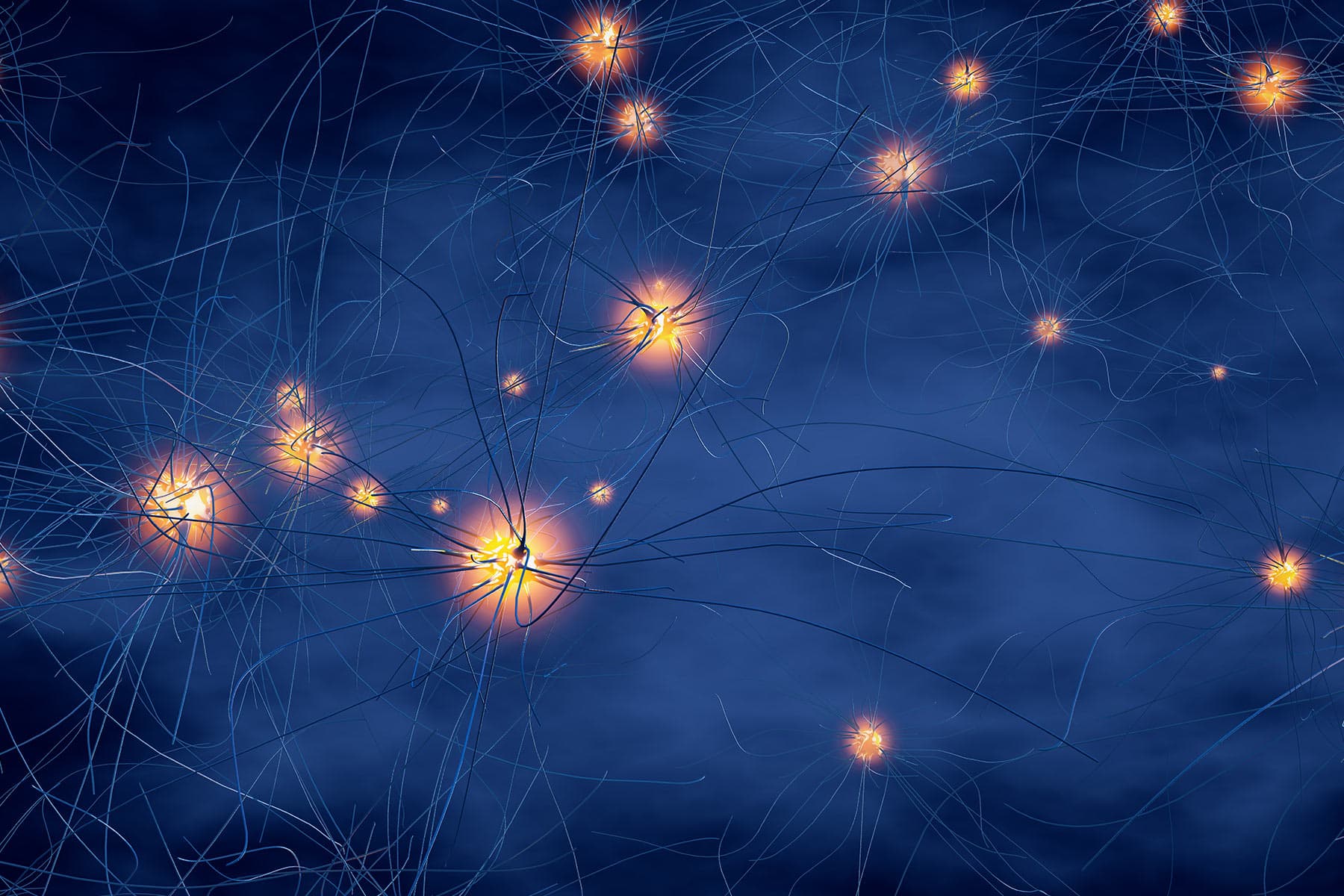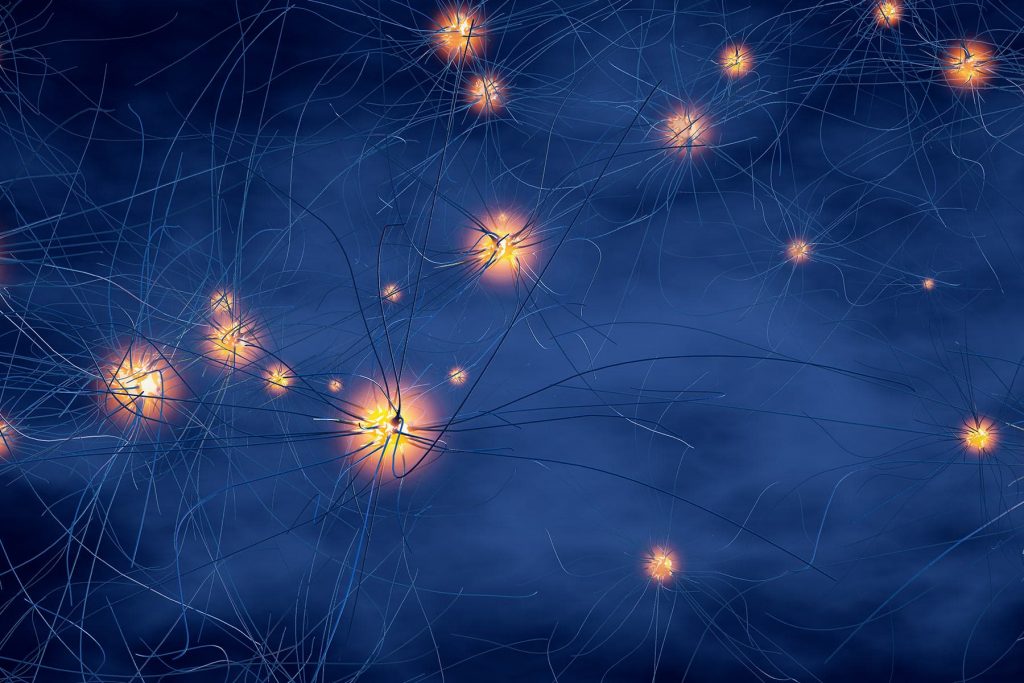
April 8, 2022 — Researchers from Australia and Israel have found evidence of forced organ harvesting in China on people who were not first declared brain dead.
Searching for documentation that organs people need to live are being harvested from executed prisoners who did not give their permission — a practice that the China Tribunal confirmed “beyond any reasonable doubt” in 2020 — Jacob Lavee, MD, an Israeli heart transplant surgeon, and Matthew Robertson, a PhD student at Australian National University, uncovered something even more shocking: that organs are being taken from patients who are still alive.
The paper “bring[s] attention to an enormous human rights violation,” says Arthur Caplan, PhD, Head of the Division of Medical Ethics at New York University’s Grossman School of Medicine. “What they’ve reported has been going on for many, many, years. The data is very clear that China’s doing many more transplants than they have cadaver organ donors,” he says.
The research, published in the American Journal of Transplantation, involved detailed analysis of thousands of Chinese language papers describing transplants. It identified 71 papers in which transplant surgeons describe starting organ procurement surgery before declaring their patients brain dead.
“What we found were improper, illegitimate, non-existent or false declarations of brain death,” says Robertson, explaining this violates what’s known as the Dead Donor Rule, which is fundamental in transplant ethics.
“The surgeons wrote that the donor was brain dead, but according to everything we know about medical science they could not possibly have been brain dead because there was no apnea test performed,” says Robertson, referring to a test that determines if the brain stem is active.
Robertson and Lavee have painstakingly documented “incriminating sentences” in each of the 71 papers, proving that brain death had not occurred before the procedure to remove organs began.
“There were two criteria by which we claimed a problematic brain death declaration,” says Robertson, who translated the Chinese. “One was where the patient was not ventilated and was only intubated after they were declared brain dead, the other was that the intubation took place immediately prior to the surgery beginning.”
“We have shown for the first time that the transplant surgeons are the executioners — that the mode of execution is organ procurement. These are self-admissions of executing the patient,” says Lavee, from Tel Aviv University.
“It was mind-boggling,” he says. “But the more of these papers we read, we saw it was a pattern…And they didn’t come out of a single medical center, they are spread all over China.”
For the analysis, Robertson scrutinized 124,770 medical papers from official Chinese databases between 1980 and 2020. The 71 papers revealing problematic brain death came from 56 hospitals (of which 12 were military) in 33 cities across 15 provinces, they reported. In total, 348 surgeons, nurses, anesthesiologists, and other medical workers or researchers were listed as authors on these publications.
Why would these medical workers publish such self-incriminating evidence? The researchers say it’s unclear. “They don’t think anyone’s reading this stuff,” Robertson suggests. “Sometimes it’s revealed in just five or six characters in a paper of 8 pages.”
NYU’s Caplan added that China’s well-documented and lucrative involvement in transplant tourism “means you have to have a donor ready when the would-be recipient appears, you have to have a matched organ available, and that’s hard to do waiting on a cadaver donor.”
Caplan and the researchers have called for academic institutions and medical journals to resume their previous boycotts of Chinese transplant publications and speakers, but as long as China denies the practices, economic and political leaders will turn a blind eye.
“In the past, I don’t think the question of China’s medical professional involvement in the execution of donors has been taken as seriously as it should have,” says Robertson. “I certainly hope that with the publication of this paper in the leading journal in the field, this will change.”
